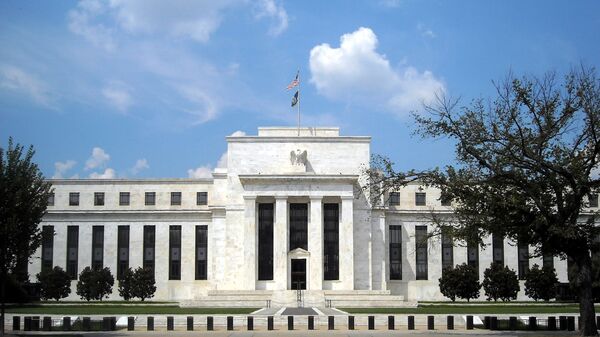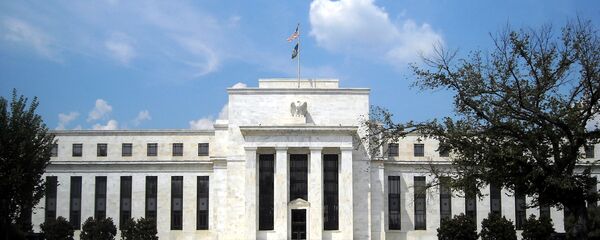Kristian Rouz – Two top US federal bank oversight bodies are extending the public commentary period for a further softening of capital rules. The regulators are considering a possible reversal of restrictions on bank leverage, as well as likely changes to the allowed correlation between bank capitalization and the levels of indebtedness.
In a joint statement, the Federal Reserve and Office of the Comptroller of the Currency (OCC) said the commentators can make proposals and put forth arguments for and against another round of deregulation until June 25. The previous deadline was set at May 21, but the feedback received by the regulators so far has proven insufficient to make a weighted decision.
This comes in line with the Federal Reserve’s course to support small-bank lending by removing some of the excessive Obama-era rules, including parts of the 2010 Dodd-Frank Act. The Fed argues the stifling regulations have squeezed Main Street lending, whilst failing to address the risks to financial sustainability of the too-big-to-fail (TBTF) banks.
“I am confident that there are ways to update the areas where we evaluate a bank’s CRA (Community Reinvestment Act) performance without losing the core focus on place,” Fed Governor Lael Brainard said Friday, during a speech in New York.
This would make significant updates to bank business models, allowing for an improved policy transmission from the Fed to the non-financial sector. Under the looser regulation, commercial banks would increasingly serve as institutional mediators between the central bank and economic activity, without the artificial regulatory limits to the lending capacity.
Governor Brainard said, in order to amend the rules, the Fed is working with the OCC and the Federal Deposit Insurance Corporation (FDIC) – whose mandate is to ensure that bank retail clients don’t lose their money if the bank fails.
This comes after the Treasury Department weighed in on the matter, also in support of the broader deregulation course. The department said banks that fall short of compliance with the existing CRA rules should face less severe fines, as minor violations in smaller banks don’t jeopardize the overall financial stability of the US.
Penalties, however, do impose additional restraints on bank lending capabilities, the Treasury argued.
Governor Brainard said the existing CRA rules should be more transparent, predictable, and tailored to the needs of particular banks. Applying the same rules to a TBTF bank and a small community lender is not a constructive way of moving forward, as the outcomes of such regulation would be negative on both ends.
“We will want to maintain the flexibility to ensure that, no matter the business line, a bank can meet its CRA obligation by doing what it has the expertise to do well,” she added.
This means that the rules and oversight bodies should consider the bank’s performance in its area of business operations. In other words, if the bank does a good job providing competitive loans to its business and retail clients, thus contributing to the overall economic expansion in the area, there’s no reason to go after the lender – if it happens to be not in full compliance with certain years-or-decades-old rules.





